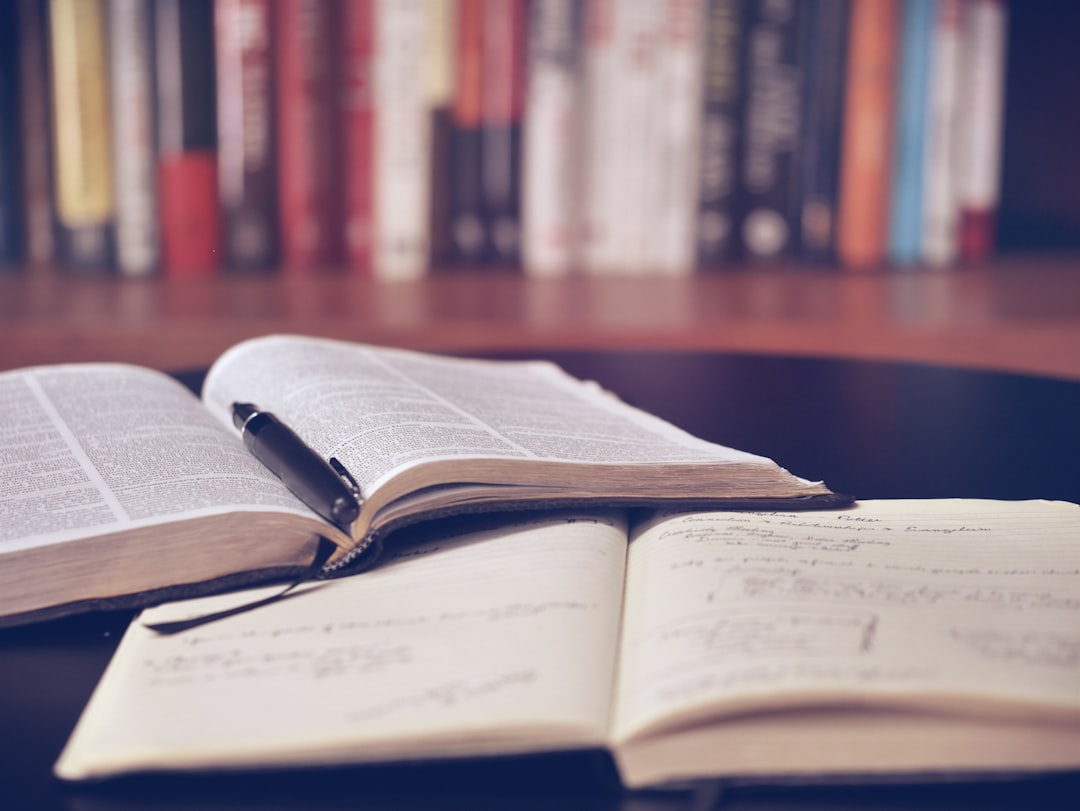Embarrassing context: I originally wrote this for a friend who asked me how I improve my thinking. He had observed that since I met him in 2016 I had become noticeably more educated. While I’m tempted to make some revisions, it seemed more authentic to leave the full message untouched.
To [redacted]:
You described my mind as being “computer-like”. I have also heard “encyclopedic”, “prodigy”, and “pompous”. Probably the simplest description, and the most accurate, is that I have a “well-trained” mind, as one of my coworkers once told me. I like this description because it implies that the faculties of mind can be cultivated through persistent practice.
Tyler Cowen, economist at George Mason and one of my favorite thinkers, does a segment called over-rated/under-rated in which he asks guests their thoughts on various topics. I will co-opt this format for my advice on how to cultivate a well-trained mind.
Reading—Under-Rated
I used to think that my knowledge was a function of near-perfect recall. “Range” by David Epstein recently changed my mind.
Elite chess players have long been known to have photograph-like memory of the game board. If players’ memories were truly photographic however, we would expect them to be able to reconstruct a randomly generated game board from memory with the same accuracy that they recall game boards from actual chess matches. It turns out they can’t do this any better than non-elite players.
Scientists believe that this reveals an alternative mechanism for their memory— players group meaningful chunks of information together based on familiar patterns detected over thousands of matches. “Chunking” enables elite players to operate with a functionally photographic memory without actually possessing any such thing.1
I believe that the chunking mechanism explains the immense utility of reading. Like a chess player who observes millions of patterns across thousands of chess games, an avid reader constructs immensely helpful mental groupings by observing words and ideas displayed in countless sequences.
Because I read so widely and often, I very quickly connect the new ideas and arguments I come across to the central insights I have already gained. Within the taxonomy of my mind there is a wealth of understanding already condensed into neat interconnected folders, enabling me not only to recall pertinent information but also to make novel connections between the new and the old. This may appear encyclopedic, but it is actually precisely what the mind is designed to do for all people.
To emphasize the power of this tool: Read widely, read from the smartest and most insightful authors possible, and limit junk. Following daily news is Over-Rated and can even make it more difficult to spot the most meaningful patterns (as is demonstrated exceptionally well in Taleb’s Fooled by Randomness). Reading only within narrow genres as many avid readers do will limit your ability to make novel connections and constrain your view of the world.
Learning How to Learn—Under-Rated
The best learners are always looking for better ways to learn. I read books like “A Mind for Numbers”, “How Not to Be Wrong”, and “Thinking Beyond Stage 1” to better understand how to make the process of analyzing and storing information more effective.
Books aimed at understanding metacognition are also invaluable— examples include “The Righteous Mind” (how do we think about morality?) and “Thinking Fast and Slow” (how do we make decisions?)
Books that take a behavioral angle, such as “The Power of Habit”, “12 Rules for Life”, “7 Habits for Highly Effective People”, “Deep Work”, and “The How of Happiness” straddle both categories and are similarly invaluable. Beware of shallow self-help books that provide very little insight in either domain.
To be continued:
I will continue to send you installments of Over-Rated/Under-Rated learning practice and principles, if you are interested. Limiting the number of things to think about at one time is my way of “chunking” this lesson into a helpful grouping.
Excited to hear your thoughts on these tips.

If you liked this post, check out my other writing at Infovores Newsletter. Over there I write reviews, conduct interviews, and generally try my best to navigate a world of infinite knowledge.
We observe the same in athletes with elite reaction time and in the general human capacity for language.











When I listen to podcasts at home, I forget most of the conversation. If I listen to it while walking or driving, I still remember most of it as well as the exact spot on the street or road where I heard a significant exchange.
Pattern-detection is the key for me...in your view would that fall under the "chunking" category? Experience and time can provide insights, assuming you're willing and focused. What are effective ways to accelerate pattern-detection? NNT's Lindy Effect helped here, and is a big reason why I've gone back to "The Great Books" model. Read original sources, not just secondary/commentary sources.